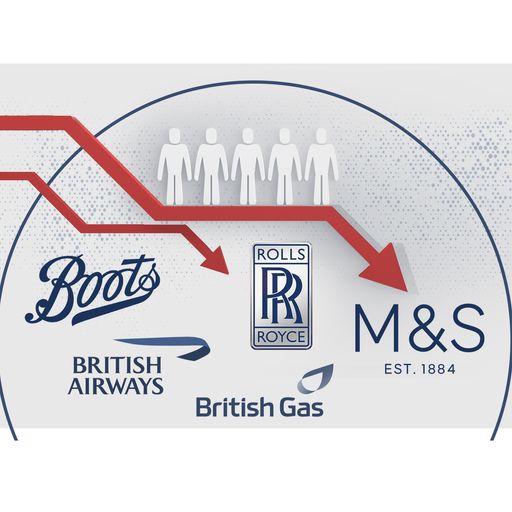Economists are predicting a much quicker recovery for the UK if a new coronavirus vaccine proves to be effective.
Experts are pencilling in a rosier outlook if a viable drug can be approved and delivered, with some saying it could mean GDP returning to pre-pandemic levels a year earlier than previously thought.
However given the uncertainty about such an outcome, there remains caution about upgrading their main forecasts yet.
Economists have been responding after the announcement from Pfizer this week that early data from phase three trials showed its vaccine was more than 90% effective against COVID-19.
Stock markets rallied sharply on the announcement, lifting share values that have been depressed by worries about the impact of a second wave of the pandemic and prolonged restrictions.
A note from Capital Economics said: "An effective COVID-19 vaccine would dramatically improve the economic outlook.
"It may allow GDP to rise to its pre-virus level a year earlier than otherwise and mean that the unemployment rate peaks at 7% next year instead of 9%."
Simon French, chief economist at Panmure Gordon, also suggested the latest developments could be highly significant for the economy.
He said in a note to clients: "If this news heralds a viable vaccine that is widely available - even if the rollout required to achieve herd immunity will take a number of quarters - this is a gamechanger for the economic trajectory both within the UK and globally."
Mr French said that while his firm was not upgrading its "baseline" projection for the economy, it had produced a "vaccine variant" scenario.
Under such a scenario, with a viable vaccine approved and a delivery plan produced for the first half of 2021, the economy would return to pre-COVID levels by the first half of 2022 - rather than the first half of 2023 as currently forecast.
However, Mr French added a note of caution about some of the long-term impacts the coronavirus crisis may leave including "scarring" of the way households and firms spend and invest.
Innes McFee, chief global economist at Oxford Economics, said there remained "real hurdles" to rolling out the vaccine given some of the logistical challenges involved.
Mr McFee added: "While we could see vaccinations for some groups before the end of the year, it would be a mistake to think this completely removes the need for social distancing and further restrictions on mobility when cases rise too high."
He said the vaccine announcement raised from 15% to 20% the likelihood of an "upside scenario" in which "scientific advances would facilitate a quicker easing of restrictions in the early part of 2021" resulting in a "more robust near-term recovery".
Britain plunged into its deepest recession on record earlier this year as coronavirus restrictions crushed economic activity.
By the end of August, it remained 9.2% smaller than before the pandemic.
The stark impact on jobs - some of which have been spared so far thanks to the government's furlough scheme - started to become clearer this week with official figures showing a record number of redundancies in the three months to September.
On Thursday, third quarter GDP figures are expected to show a sharp bounce-back.
But experts expect that to go into reverse during the fourth quarter after the latest lockdown.
The Bank of England now sees the economy shrinking by 11% for 2020 as a whole and unemployment peaking at 7.75% next year.





